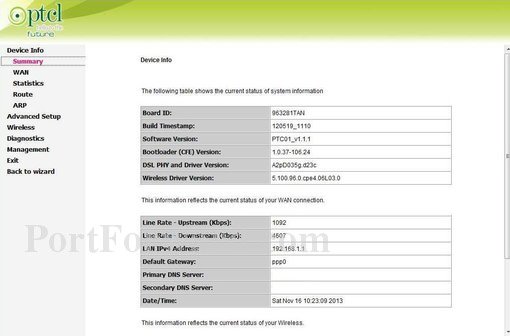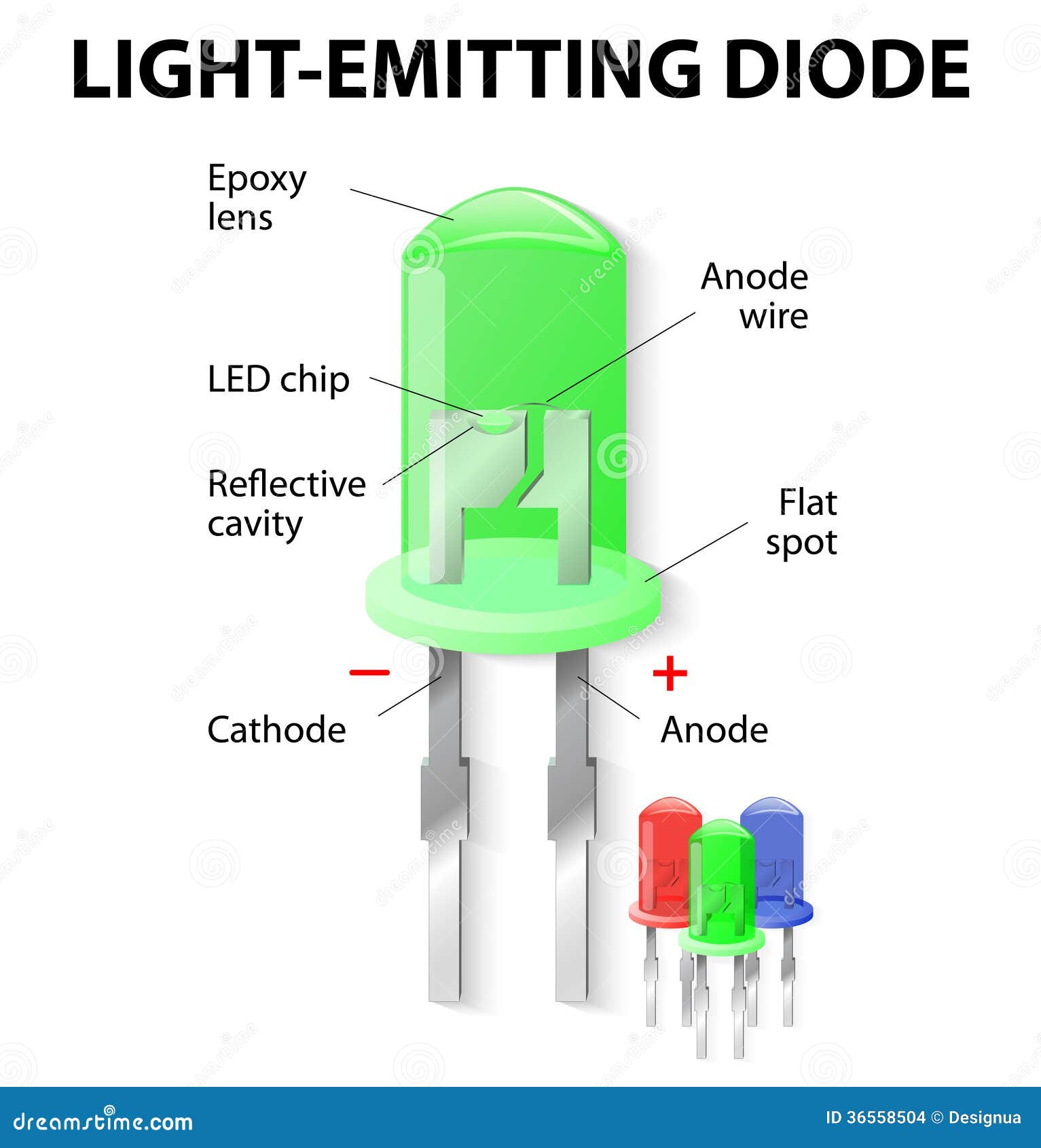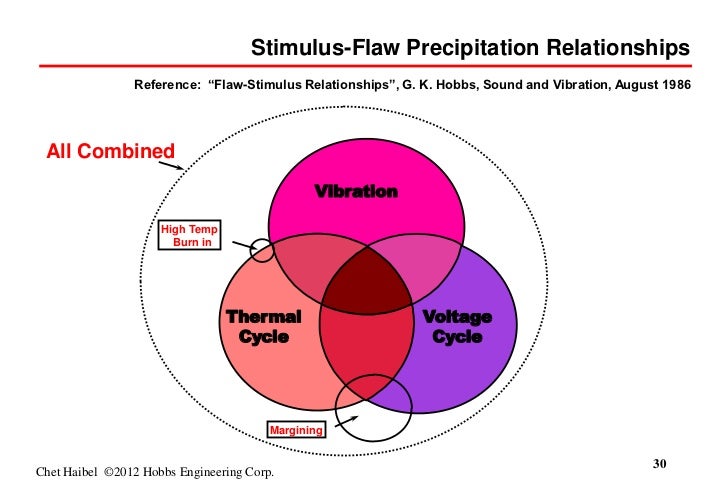Absorptive state is the period in which the gastrointestinal tract is full and the anabolic processes exceed catabolism. The fuel used for this process is glucose. Carbohydrates - Simple sugars are sent to the liver where they are converted to glucose.
When you eat, your body uses this food to fuel the cells. The absorptive state of metabolism lasts for about four hours, during and after each meal.

The glucose then travels to the blood or is converted to glycogen and fat ( triglyceride) for energy storage.
The glycogen and fat will be stored in the liver and adipose tissue, respectively, as reserves for the post- absorptive state.

The remaining glucose is taken in for use by body cells or stored in skeletal muscle as glycogen. In most cultures, the human body is in the post-absorptive state for short periods between meals and during . During this state glucose is the most important energy fuel. Amino acids and fats are used to form degraded protein, and small amounts are used to .

.jpg)














